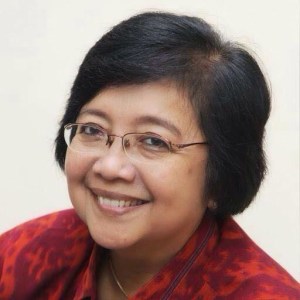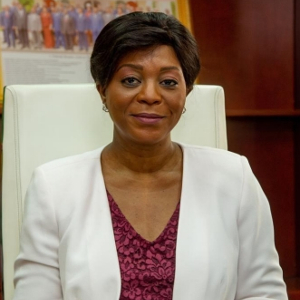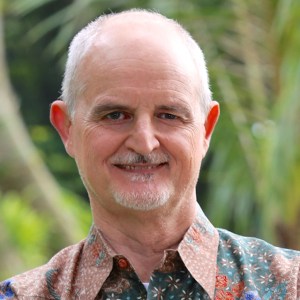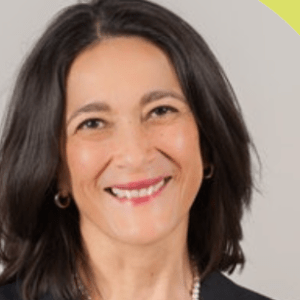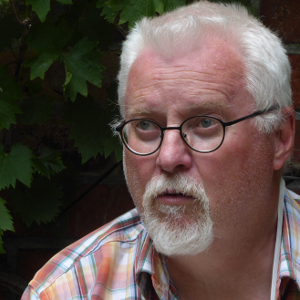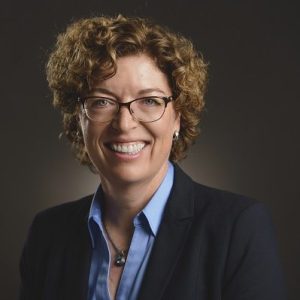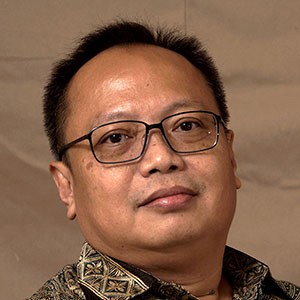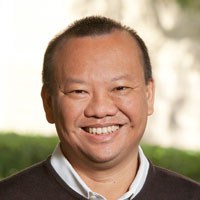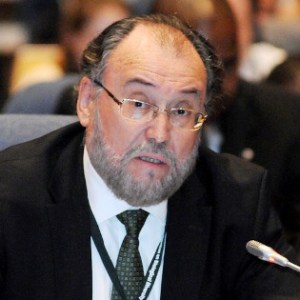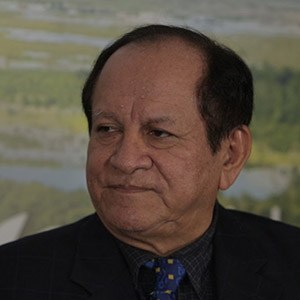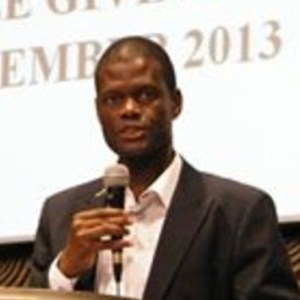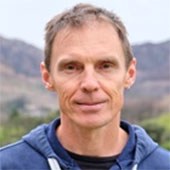Following its soft launching signing, the International Tropical Peatland Center (ITPC) secretariat will extend its promotional activities at GLF Bonn, 1-2 December 2018. Working in partnership with Indonesia’s Ministry of Environment and Forestry, the ITPC secretariat will highlight Indonesia’s effort to promote sustainable forestry and its significant contributions to tackling climate change. Indonesia is one of ITPC’s key partnerships with the country pledging to cut global carbon emissions through the protection of peatlands, and playing an important role in providing information for adaptation and mitigation strategies throughout the world. ITPC will also offer valuable opportunities for cooperation and the sharing of lessons learned in peatlands policy- and decision-making processes at GLF Bonn 2018.
Speakers
Minister of Environment and Forestry, Indonesia
Minister of Environment, Sustainable Development and the Congo Basin
State Secretary, Federal Ministry for the Environment, Nature Conservation, Building and Nuclear Safety (BMUB) Germany
Deputy Director-General and Commissioner "One World - No Hunger" Initiative - German Federal Ministry for Economic Cooperation and Development (BMZ)
Director General, Center for International Forestry Research (CIFOR)
Senior Programme Officer, Forests and Climate Change UN Environment
Secretary General, Ramsar Convention on Wetlands Ramsar Secretariat
Greifswald Mire Centre

